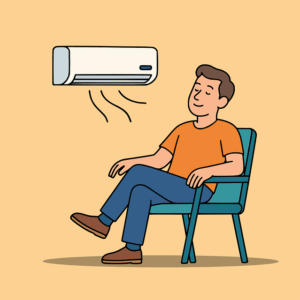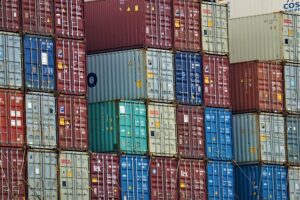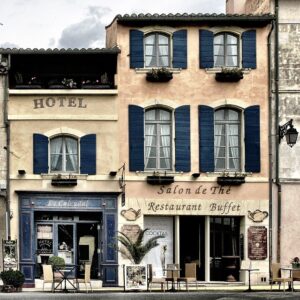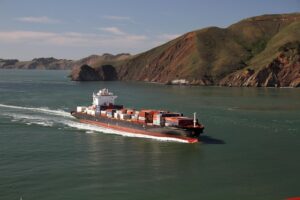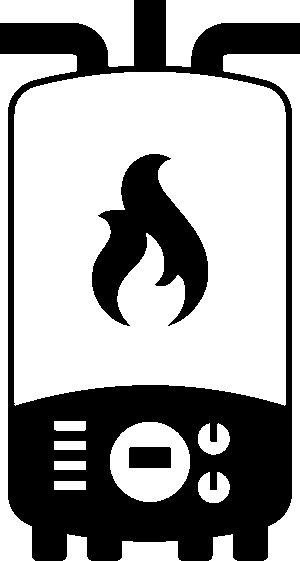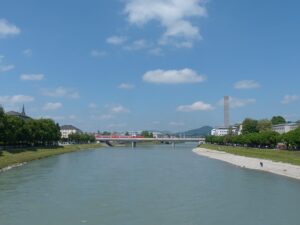Industrial unit heaters play a critical role in providing efficient and reliable heating solutions for diverse applications, especially in harsh marine environments. Corrosion resistance is key, with stainless steel a popular material choice. These heaters, including gas-fired, electric, suspended, and forced air systems, offer robust BTU ratings, ensuring optimal temperature control in warehouses, manufacturing facilities, and coastal areas, catering to demanding commercial heating needs.
In the demanding marine environment, corrosion is a relentless enemy that can cripple equipment and operations. Understanding marine corrosion challenges is paramount for ensuring reliable performance. This article explores how industrial unit heaters, specifically designed with corrosion resistance, offer an ideal solution for maritime applications. We delve into key features, material choices, and benefits, highlighting why corrosion-resistant industrial unit heaters are essential for sustained efficiency and reduced downtime in the harsh marine setting.
- Understanding Marine Corrosion Challenges
- Key Features of Industrial Unit Heaters
- Why Resistance to Corrosion Matters
- Material Choices for Marine Applications
- Benefits and Applications in Maritime Industry
Understanding Marine Corrosion Challenges

This only Foundation *
Key Features of Industrial Unit Heaters
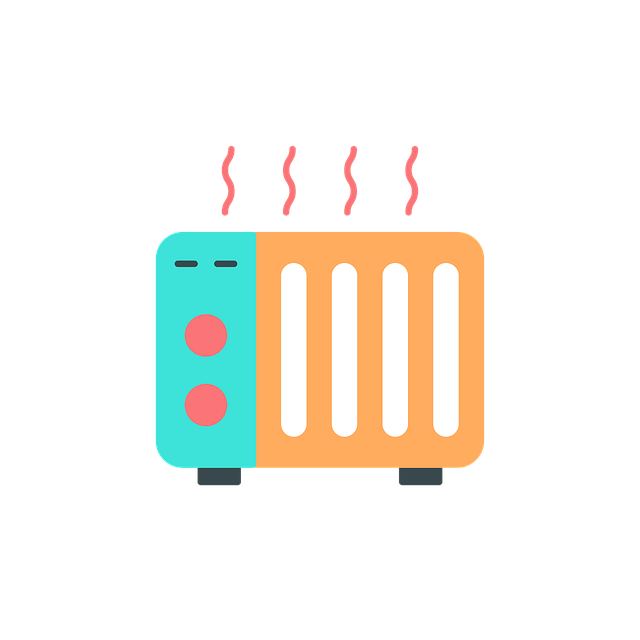
Industrial unit heaters designed for marine use are crafted with specific features to withstand harsh environments. These heaters prioritize heavy-duty construction and corrosion resistance, essential for enduring salty air, moisture, and extreme conditions at sea. Key features include suspended heaters for even distribution of heat, forced air heating to ensure optimal temperature control, and gas fired heaters or electric unit heaters offering energy efficiency and reliability.
Each industrial heater is meticulously engineered with high BTU ratings to cater to demanding commercial heating needs in warehouse heating and manufacturing facilities. Their design focuses on durability, making them suitable for industrial applications, ensuring continuous performance throughout their lifespan.
Why Resistance to Corrosion Matters

In industrial settings, particularly in marine environments, corrosion resistance is a critical factor when selecting heating equipment. The harsh conditions faced by maritime operations, including high humidity, salt air, and varying temperatures, can accelerate metal corrosion, leading to costly maintenance and replacement of industrial unit heaters. These heaters play a vital role in maintaining optimal working conditions in warehouse heating, manufacturing facilities, and other industrial applications.
Choosing gas fired heaters or electric unit heaters with robust anti-corrosion properties ensures their longevity and reliable performance. Suspended heaters and forced air heating systems, for example, are designed to withstand these challenging conditions, offering excellent BTU ratings to efficiently heat large spaces in marine environments. Heavy-duty construction and careful material selection are essential to meet the demanding requirements of commercial heating in these specialized settings.
Material Choices for Marine Applications
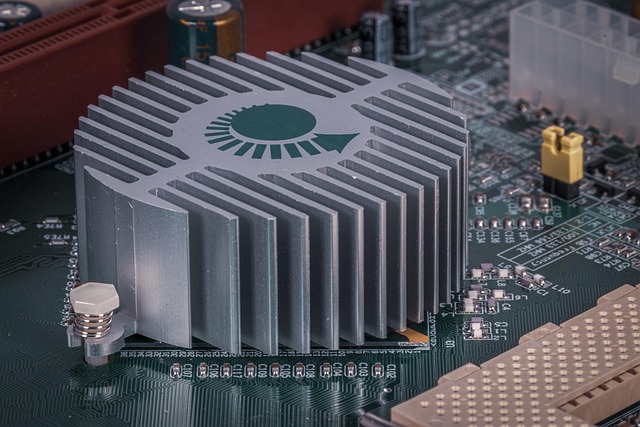
When selecting materials for industrial unit heaters destined for marine environments, several key considerations come into play to ensure longevity and performance. The harsh conditions at sea, including exposure to saltwater, moisture, and extreme temperature fluctuations, demand materials that can withstand corrosion and maintain their structural integrity.
In such applications, stainless steel is a popular choice due to its exceptional resistance to corrosion and oxidation, making it ideal for industrial unit heaters in marine settings. This durable material is particularly valuable in manufacturing facilities, warehouses, or any commercial heating application near coastal areas. Whether opting for gas-fired heaters or electric unit heaters, suspended heaters, or forced air heating systems, the heavy-duty construction ensures these heaters can handle the demanding conditions found on boats, offshore platforms, and other marine installations, offering reliable performance with robust BTU ratings to heat even the largest industrial spaces.
Benefits and Applications in Maritime Industry
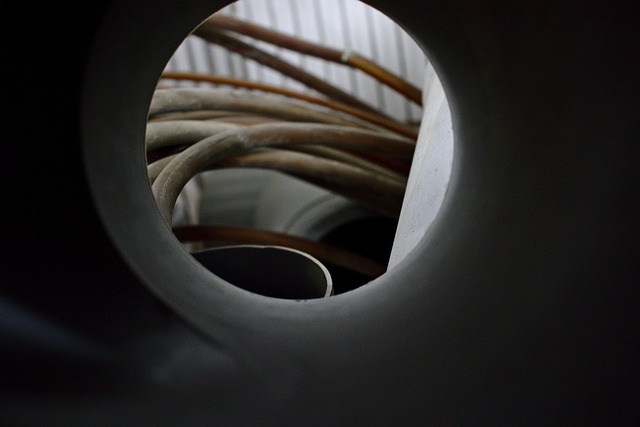
The maritime industry faces unique challenges when it comes to equipment and heating solutions due to the harsh environments at sea. Here’s where industrial unit heaters shine as an ideal choice. These specialized heaters offer several advantages, making them essential for various maritime applications.
In marine settings, corrosion resistance is paramount. Industrial unit heaters designed for these conditions boast heavy-duty construction with materials that withstand salty and humid atmospheres, ensuring their longevity. Whether it’s a warehouse heating application in a port city or providing heat to manufacturing facilities near coastal areas, gas-fired heaters or electric unit heaters with suspended or forced air heating mechanisms can efficiently heat large spaces. Their high BTU ratings cater to the demanding heating needs of maritime operations, from keeping warehouses warm during winter storms to supporting industrial processes in offshore structures. The versatility and durability of these heaters make them a reliable asset for commercial heating in harsh marine environments.
Industrial unit heaters, designed with enhanced corrosion resistance, are essential for marine applications. By understanding the unique challenges of marine environments and leveraging advanced material choices, these heaters offer reliable performance, extending equipment lifespan and reducing downtime in the maritime industry. Their key features, including robust construction and anti-corrosion coatings, make them a superior choice for demanding coastal conditions.



